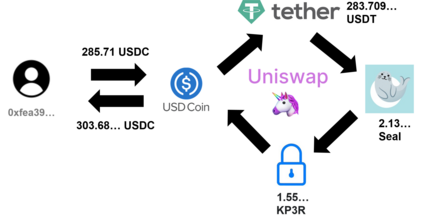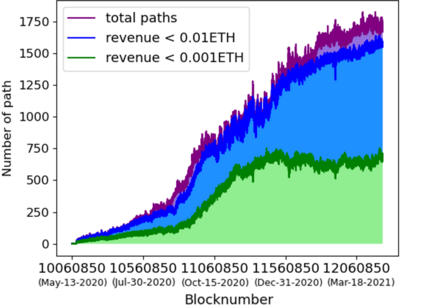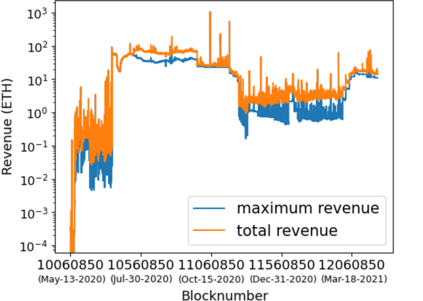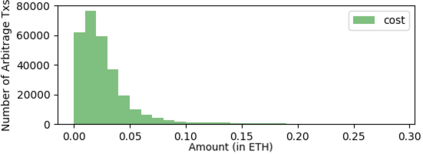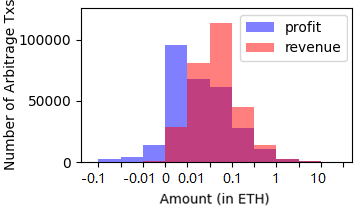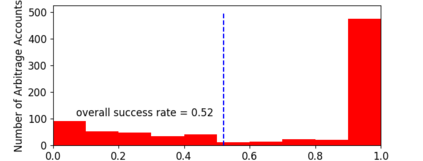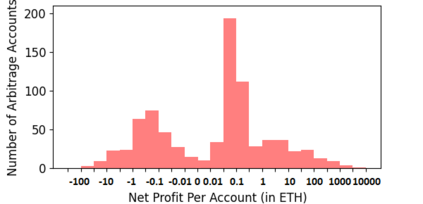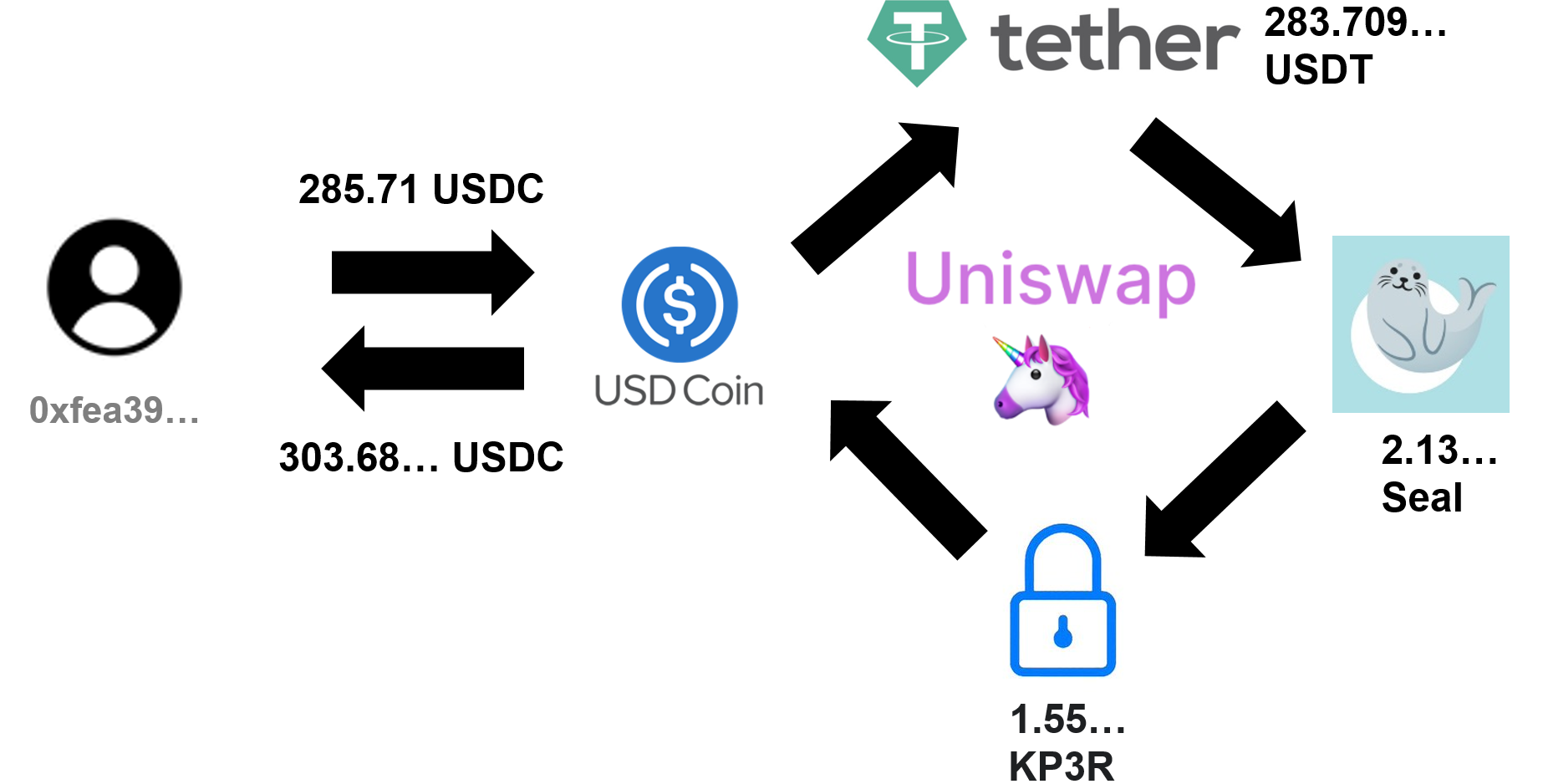Decentralized Exchanges (DEXes) enable users to create markets for exchanging any pair of cryptocurrencies. The direct exchange rate of two tokens may not match the cross-exchange rate in the market, and such price discrepancies open up arbitrage possibilities with trading through different cryptocurrencies cyclically. In this paper, we conduct a systematic investigation on cyclic arbitrages in DEXes. We propose a theoretical framework for studying cyclic arbitrage. With our framework, we analyze the profitability conditions and optimal trading strategies of cyclic transactions. We further examine exploitable arbitrage opportunities and the market size of cyclic arbitrages with transaction-level data of Uniswap V2. We find that traders have executed 292,606 cyclic arbitrages over eleven months and exploited more than 138 million USD in revenue. However, the revenue of the most profitable unexploited opportunity is persistently higher than 1 ETH (4,000 USD), which indicates that DEX markets may not be efficient enough. By analyzing how traders implement cyclic arbitrages, we find that traders can utilize smart contracts to issue atomic transactions and the atomic implementations could mitigate users' financial loss in cyclic arbitrage from the price impact.
翻译:分散化交易所(DEXes)使用户能够为交换任何一对加密交易创造市场。两种证券的直接汇率直接汇率可能与市场上的交叉汇率不符,这种价格差异通过不同加密交易的周期周期性交易打开了套利可能性,通过不同加密交易打开了不同交易的套利可能性。在本文中,我们对DEXes的循环套利进行了系统调查。我们提出了研究循环套利的理论框架。我们利用我们的框架,分析了循环交易的盈利条件和最佳交易战略。我们进一步审查了可利用的套利机会和循环套利交易的市场规模与Unswap V2的交易数据可能不符。我们发现,交易商已经执行了292 606套循环套套套套套套套套套交易,并开采了超过1.38亿美元的收入。然而,最有利可图的未利用机会的收入持续高于1英尺(4,000美元),这表明DEX市场可能不够高效。我们通过分析交易商如何实施周期套利仲裁,我们发现,交易商可以在Annall Annall Ali Ali Ali Ali Ali Ali 交易中利用智能合同来发行原价交易。

